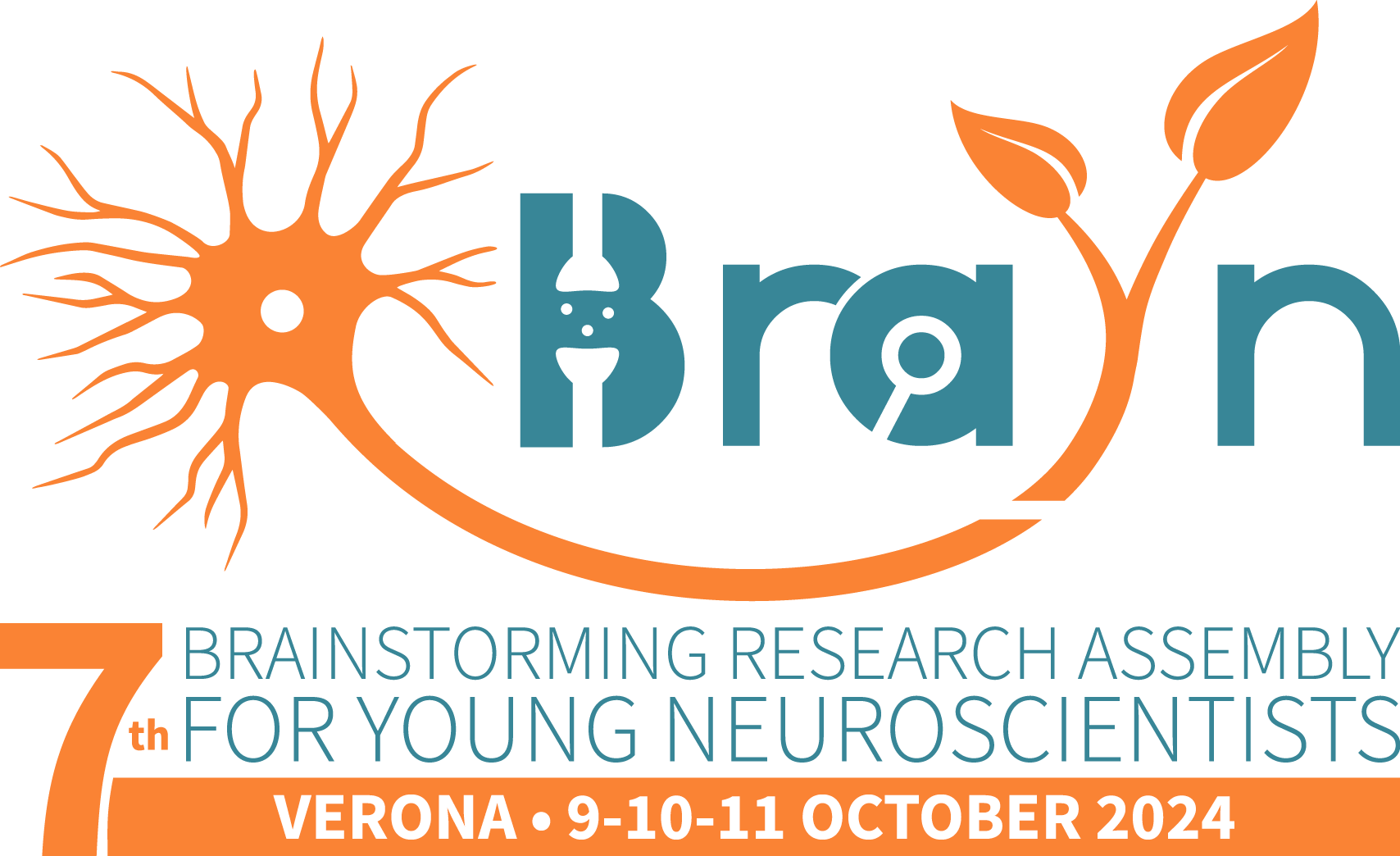International BraYniacs
THE INTERNATIONAL BRAYNIACS
– Page being updated –

Pablo Blanco

Pablo Blanco
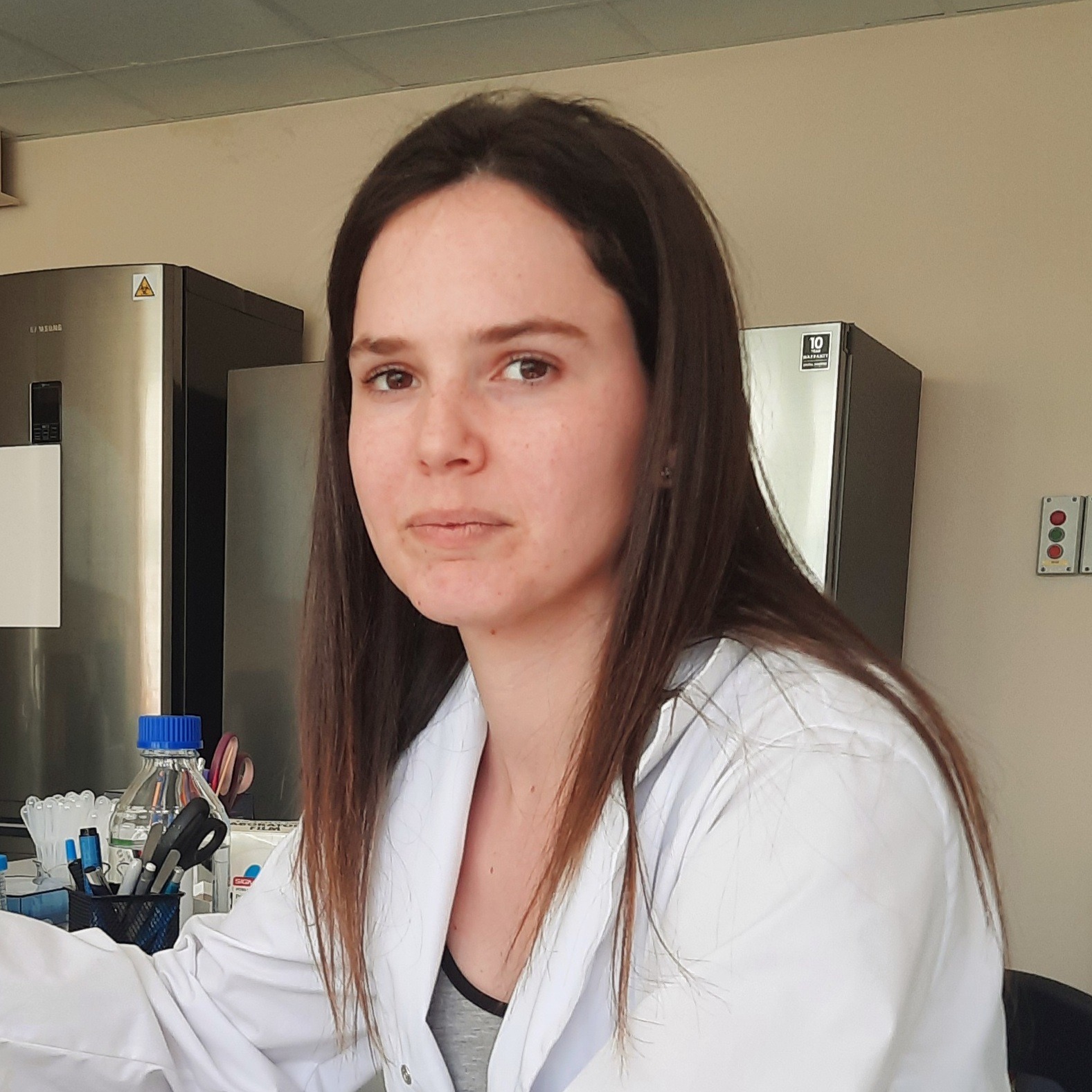
Fionä Caratis

Fionä Caratis

Rina Demjaha

Rina Demjaha
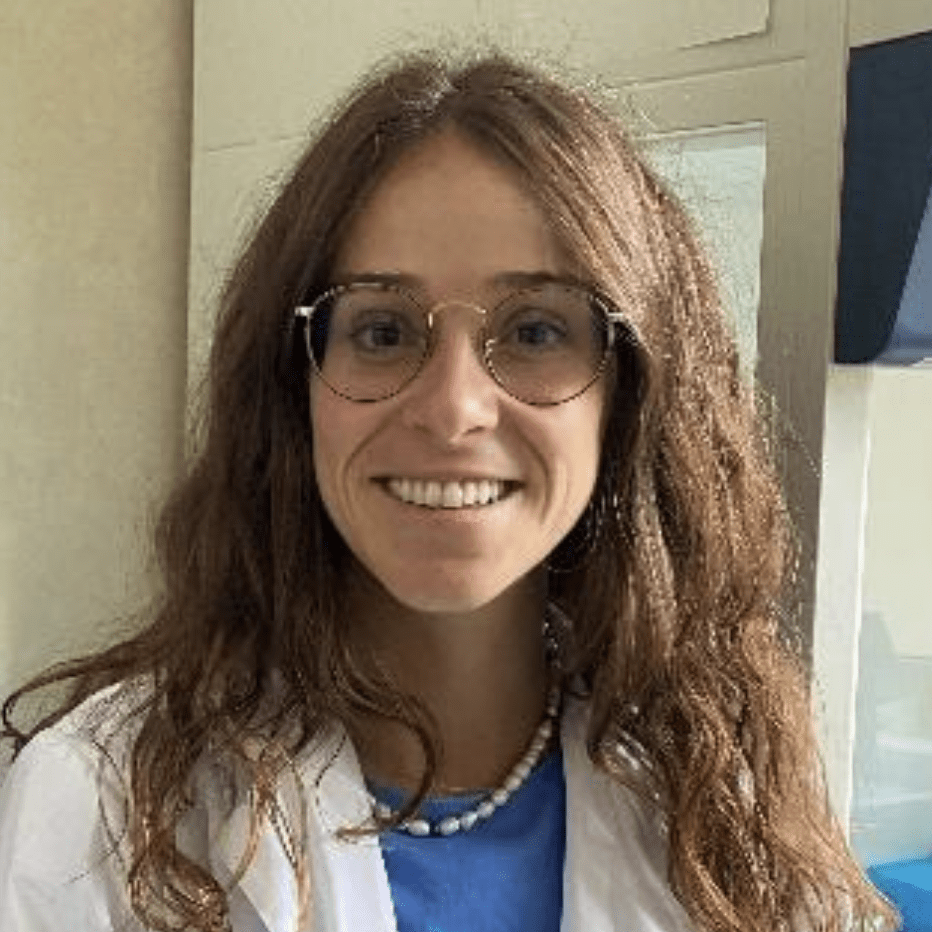
Marta Ibáñez Navarro

Marta Ibáñez Navarro
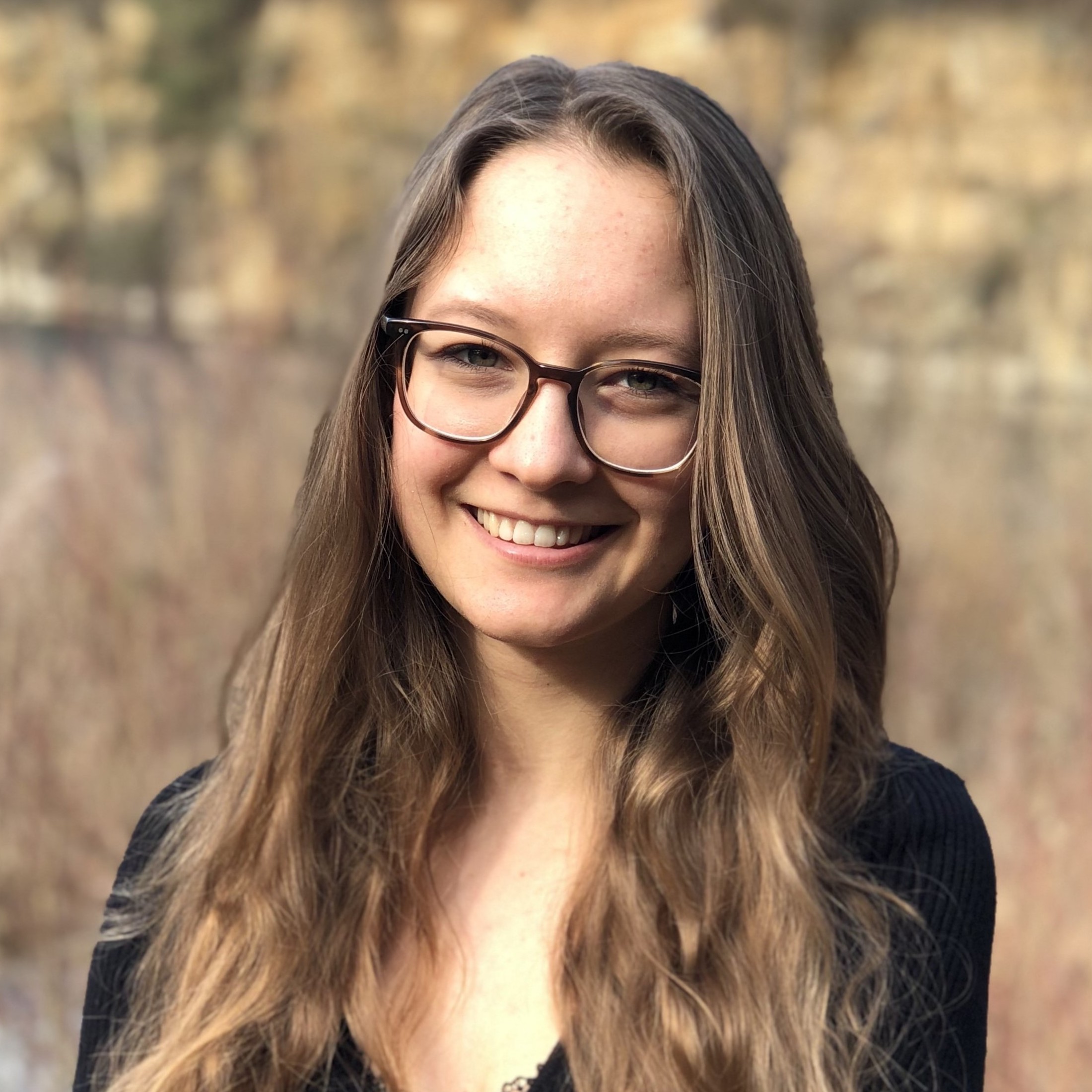
Marlene Khin

Marlene Khin
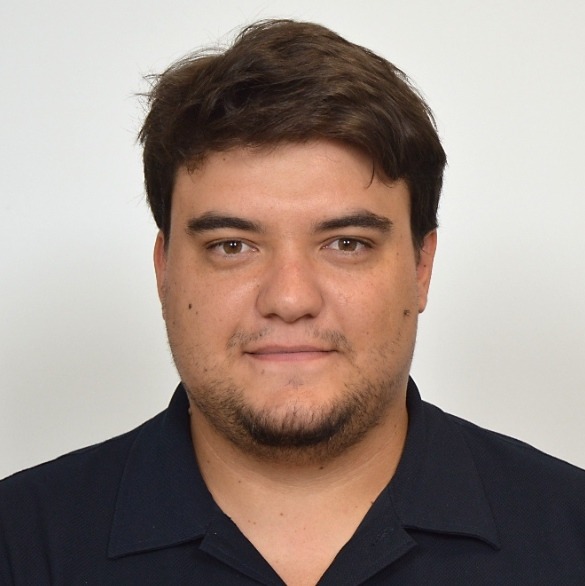
Antonio Masone

Antonio Masone
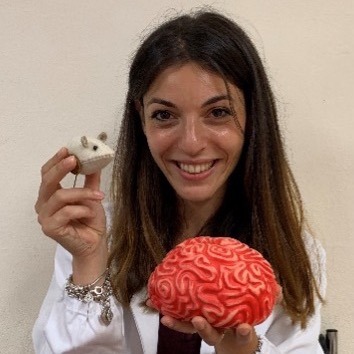
Paola Pacifico

Paola Pacifico
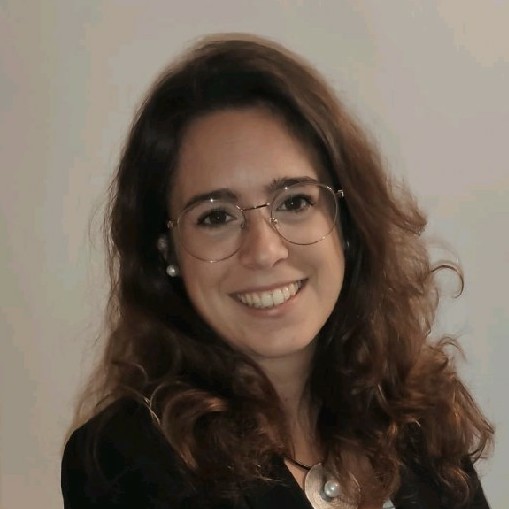
Leire Pedrosa Eguílaz

Leire Pedrosa Eguílaz
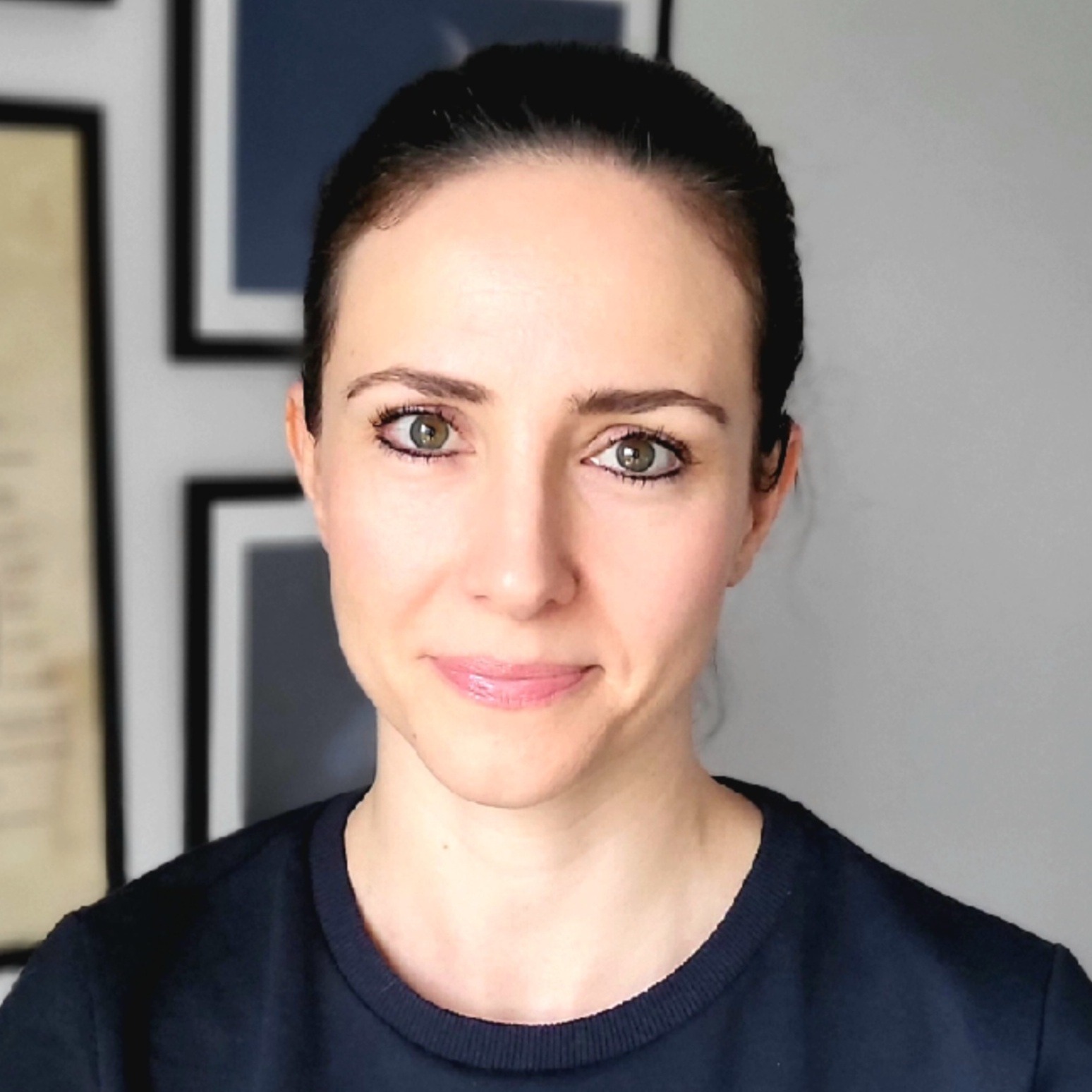
Aleksandra Rutkowska

Aleksandra Rutkowska
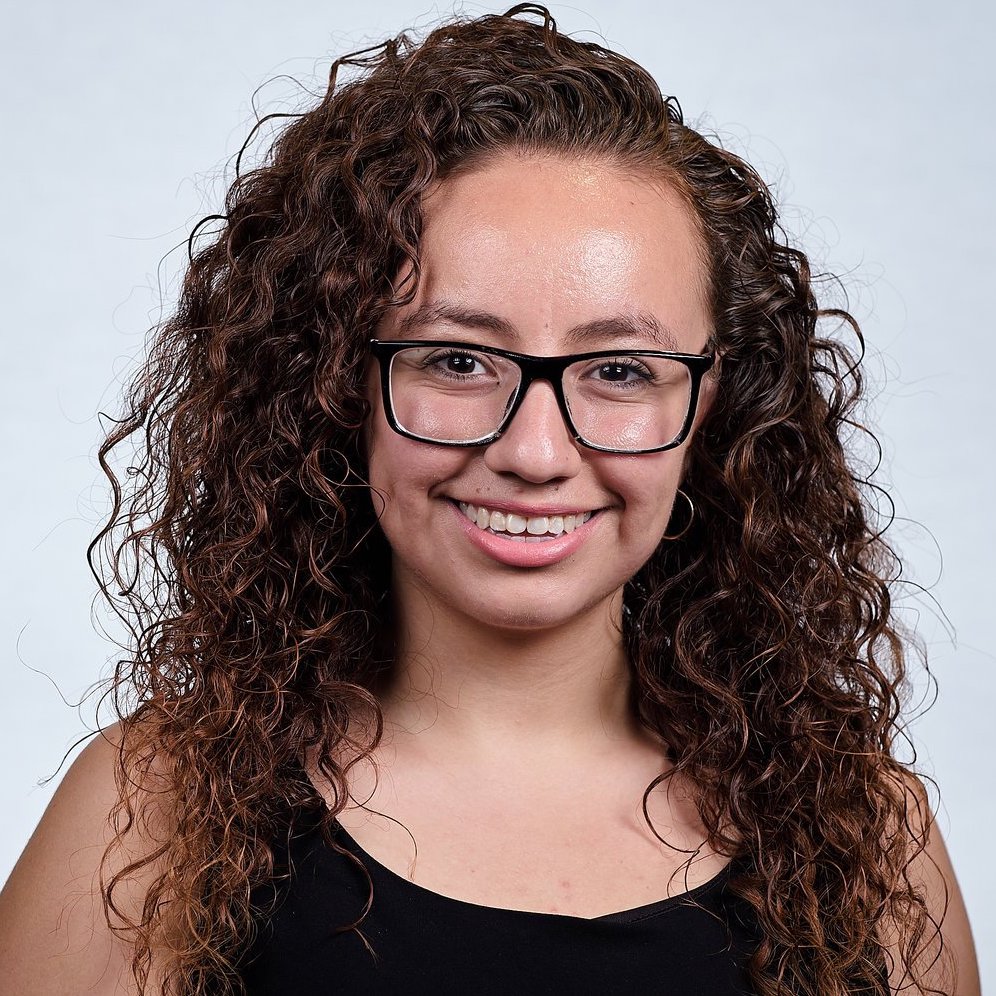
Maria F. Veloz Castillo

Maria F. Veloz Castillo

Pablo Blanco
CNIO, Madrid (Spain) • Pablo Blanco studied a BSc in Basic and Experimental Biomedicine at Universidad de Sevilla between 2016 and 2020. He did his BSc Project in the Institute of Biomedicine of Seville (IBiS), in the laboratory of Dr. Javier Vitorica, where he investigated the pathophysiological role of microglia in the development of Alzheimer's disease. In the academic year 2020-2021, he studied an MSc in Molecular Genetics and Biotechnology at Universidad de Sevilla and he did his MSc Project in the Andalusian Center for Molecular Biology and Regenerative Medicine (CABIMER), in the laboratory of Dr. Vivian Capilla. During this stay, his project was focused on the pathophysiology of medulloblastoma. In the academic year 2021-2022, he completed a second MSc in Genetics and Cell Biology at Universidad Autónoma de Madrid, having done his MSc Project under the supervision of Dr. Eva González at the Spanish National Cancer Research Center (CNIO), where he participated in the study of the role of the RANK protein in the pathophysiology of breast cancer. Currently, following the award of a grant-contract for pre- doctoral students from the Tatiana Pérez de Guzmán el Bueno Foundation, he is working on his doctoral thesis at CNIO since January 2023, under the supervision of Dr. Joaquín Martínez, Dr. Miguel Gallardo and Dr. María Velasco, studying the role of the mechanoreceptor PIEZO1 in the pathophysiology of glioblastoma.

Fionä Caratis
Medical University of Gdańsk (Poland) • Fionä obtained a Master’s degree in Fundamental and Clinical Neurosciences with a minor in Immunology at the University Claude Bernard Lyon 1 (France). Her main research interests are neuroinflammation, myelination and multiple sclerosis. Previous research experiences include neural stem cell culture at the Stem Cell and Brain Research Institute (Bron, France) and investigation of microglial responses in Alzheimer’s disease at the Kleysen Institute for Advanced Medicine (Winnipeg, Manitoba, Canada). She is currently a PhD student in Dr. Rutkowska’s lab at the Medical University of Gdańsk (Poland) where she is investigating the role of the EBI2 receptor in neuroinflammation and multiple sclerosis in mouse and human.

Rina Demjaha
Dep. of Neurology, Neurology Biomarker Research Unit Medical University of Graz (Austria) • Rina Demjaha is a medical doctor, currently doing her PhD studies at the Medical University of Graz in Austria. She has completed her medical degree as a full merit based Turkish Government Scholarship holder at Istanbul University – Cerrahpasa Medical Faculty in Turkey. Her main research interest includes the development and validation of body fluid biomarkers for disease activity and progression, various disease phases and treatment response in a wide range of neurological diseases, with a special focus on multiple sclerosis (MS) and brain ageing. Rina is currently working at the Neurology Biomarker Research Unit under supervision of Prof. Michael Khalil. Her current research projects investigate the clinical relevance of serial blood based biomarkers testing in MS as well as the correlation of these biomarkers with cognition, MRI parameters and other imaging markers that use machine-learning to assess brain health and age-associated neurodegeneration. She has been the founder and team leader of the Medical Students for Choice Chapter in Istanbul and is currently the Scientific Team Leader of the International Student Congress of the Medical University of Graz.

Marta Ibáñez Navarro
CNIO, Madrid (Spain) • I am Marta Ibáñez Navarro graduated in Biochemistry from the University of Castilla-La Mancha in Toledo (2018) (Score 7.85). During my BSc, I applied for two internships: the first one at public Hospital of Cuenca under the supervision Enrique Prada and the other one at the Cajal’s Institute, under the supervision of Dr. Luis Miguel García Segura, where I gained practical experience. To complete my formation, I also applied for an Erasmus+ to perform my BSc Project in Prof. Anthony’s group in the Department of Pharmacology at the University of Oxford, where I had the opportunity to get familiar with laboratory work. After my BSc, she joined an MSc in Biomedical Sciences with focus on Basic and Translational Research at the University of Barcelona, where I specialized in pediatric cancer, leukemia, lymphomas and brain tumors. Furthermore, I performed my MSc research project at the Anti-Cancer, Immunomodulation and Nutri-genomics Group at the Department of Biochemistry at the University of Barcelona, supervised by Dr. Carlos Ciudad and Dra. Verònica Noé. Mine while, I obtained the course of the individual authorization for the use of animals for scientific purposes in rodents and fish. Then, I started as a research assistant at the group of Dr. José Abad Rodríguez, Membrane Biology and Axonal Repair lab, at the National Hospital of Paraplegics in Toledo. After my work in basic research, I found out my main interest was in the development of new therapies, closer to patients’ need but still close to innovation. I am currently working at the Hematological Malignancies group in the CNIO, supervised by Dra. Lucía Fernández. Here, I have begun a new project focused on developing a new immunotherapeutic approaches for pediatric patients suffering from malignant brain tumors, with a focus on Chimer Antigen Receptor (CAR) T cells. Meanwhile, I have improved my knowledge in different techniques and I have acquired new ones, and completing my formation with different courses. I consider myself a hard-working and curious person who always wants to learn more and to know why things happen. Furthermore, I am resolutive and have a strong initiative; also, I am engage with the disemination and science outreach. I have capacity to work independly, yet with a team-working spirit. I can adapt and successfully perform in different environments, and I have the capacity to be positive in the resolution of problems.

Marlene Khin
University of Heidelberg (Germany) • Marlene received her BSc in Molecular Biotechnology at the University of Heidelberg (Germany) and is currently studying in the corresponding Master's program. With several internships in research labs in Heidelberg and Milan (Italy), she has worked in the field of neuroscience on various topics: mitochondrial networks in astrocytes, primary monoamine neurotransmitter disorders, and the generation of in vitro brain organoid models. Currently she is doing her Master Thesis at the lab of Prof. Fricker at the Institute of Pharmacy and Molecular Biotechnology in Heidelberg with the aim to characterise hiPSC-derived endothelial cells used for in vitro modelling of the blood-brain barrier and drug targeting, focussing on the receptors and transporters TfR, LRP1, and MFSD2A.

Antonio Masone
Taub Institute - Columbia University (USA) • Antonio achieved a Bachelor of Science degree in Biological Sciences from the University of Palermo in 2012, followed by a Master of Science degree in Medical and Pharmaceutical Biotechnologies from the University of Pavia in 2015. Throughout his master's thesis internship at the IGM-CNR of Pavia, under the supervision of Dr Fabrizio d’Adda di Fagagna, he delved into researching the impact of specific DICER mutations linked to ovarian cancer and their influence on DDRNA synthesis. Embarking on his pre-doctoral and Ph.D. journey at the Mario Negri Institute under the mentorship of Dr. Roberto Chiesa, Antonio dedicated his efforts to elucidating the cellular and molecular mechanisms of a porphyrin exhibiting a potent anti-prion activity and evaluating the therapeutic efficacy of this compound in preclinical models of prion diseases. Antonio successfully defended his Ph.D. thesis in January 2023. Starting in January 2024, he will join the Taub Institute at Columbia University in New York as a post-doctoral scientist.

Paola Pacifico
Postdoctoral Fellow - Feinberg School of Medicine, Northwestern University, Chicago (USA) • Paola Pacifico is a Postdoctoral fellow at the Feinberg School of Medicine, Northwestern University (Chicago, Illinois) in Menichella’s laboratory where she is exploring the molecular mechanisms underlying Painful Diabetic Neuropathy by applying innovative techniques such as single-cell/nuclei transcriptomics. Paola received the Ph.D. in Neuroscience at Scuola Normale Superiore of Pisa under the supervision of Prof. Antonino Cattaneo focusing on the characterization of the mouse model of congenital insensitivity to pain condition (HSAN IV), caused by mutations in the TrkA gene. Before undertaking her doctoral studies, during her master's training, Paola spent almost two years in the laboratory of Prof. Paul Heppenstall at the European Molecular Biology Laboratory (EMBL) in Rome, characterizing a subpopulation of TrkB+ peripheral sensory neurons involved in mechanical allodynia. Her research interests include nociception, peripheral neuro-immune communication, peripheral plasticity.
Leire Pedrosa Eguílaz
Hospital Clínic de Barcelona (Spain) • PhD in Biomedicine (Title of my thesis: "Molecular mechanisms of resistance to therapy in glioblastoma" with a Cum Laude grade), graduated in Biochemistry by the Universitat Autònoma de Barcelona (UAB) and with a master's degree in Pharmacology from the same university. My first experience in the laboratory was in the clinical analysis laboratory Catlab, where I learned the techniques to process blood and urine samples from hospitals. During my master's degree, I had the opportunity to do my work placement in the research group, led by Núria de la Iglesia, about glioblastoma (GB), in the Department of Oncology and Hematology of IDIBAPS. In this project, we studied the role of an adhesion protein in the differentiation to the mesenchymal subtype of GB and in their radioresistance gain, which we published in Cell Reports in November 2017. During my PhD project, we identified and characterized lncRNAs and lncRNA-signatures that have an impact on the pathogenesis, diagnosis and prognosis of glioblastoma patients. In addition, I was collaborating on one AECC project of Dr. Seoane, processing and sending brain and blood samples of patients with GB and carrying the database of patients of the Hospital Clinic Barcelona. Moreover, I am collaborating with Dr. Maurel in the Nanostring's Project with metastatic colorectal cancer patients, to identify biomarkers to classify the patients depending on their RNA expression. Finally, I was the study coordinator of a clinical study (phase III) about aneurysmal Subarachnoid Hemorrhage (aSAH) to evaluate if Clazosentan can reduce the risk of developing complications related to cerebral vasospasm and permanent brain damage as compared to normal routine medical care alone. Nowadays, I am a post-doctoral researcher in the group about cerebrovascular diseases. We are studying the blood-brain barrier dysruption in cerebral arteriovenous malformation (bAVM) by MRI images, and blood and histological samples from patients. In addition, we are generating an animal model of bAVM by carotide-yugular fistula in the neck of the rat. I have experience in cell cultures, especially in cultures with neural- and gliomas-stem cells, fibroblasts, immunological cells and HEK293T, and in other laboratory techniques, such as Western Blotting, immunofluorescence staining, fluorescence microscopy, Maxipreps, produce viral particles for the subsequent infection of cell lines and in the study of the RNA expression through RT-qPCR, Nanostring technology or microarrays. In addition, I have the experimental animal handling course in the University of Barcelona (UB), the certificate of Good Clinical Practices (GCP), the certificate of handling and shipment of biological samples (IATA) and the advanced course on vascular-nervous microsurgery in live animals given by Universidad Francisco de Vitoria (2021) and I have experience in HSA rat model. Additionally, I also have basic knowledge of the statistical packages of R Commander (R Studio), SPSS, G-Stat, Graph Prism and Office. Finally, I have been the tutor of a biotechnology degree student at the University of Vic, I was a teaching assistant in the laboratory practices for one course in the subject of microbiology and cell biology, when I was in my fourth year of a university career, and I have taught a master class about molecular aspects of gliomas to students of the master's degree in biomedicine at the UB.

Aleksandra Rutkowska
Medical University of Gdańsk (Poland) • Aleksandra (aka Ola) Rutkowska is a Neuroscientist and PI at the Medical University of Gdansk in Poland. Ola obtained her MSc and PhD degrees in Neuroscience from Trinity College Dublin in Ireland. During her doctoral studies, Ola focused on understanding the EBI2 receptor's expression and function within the CNS. She made an intriguing discovery by identifying the presence of EBI2 in astrocytes, unravelling its role as an immune modulator in the CNS and shedding light on its involvement in myelination. Presently, Ola's research primarily revolves around studying the blood-brain barrier function in multiple sclerosis and exploring neuroinflammatory signalling in demyelinating diseases. Within the Brain Diseases Center at the Medical University of Gdansk, Ola is investigating several receptors with potential implications for enhancing remyelination and modulating neuroimmune responses.

Maria F. Veloz Castillo
King Abdullah University of Science and Technology (Saudi Arabia) • Marifer is a bioscience PhD student at King Abdullah University of Science and Technology (Saudi Arabia) and a PhD student in neuroscience at the University of Turin (Italy). Her research focuses on brain metabolism in memory stability, working with behavioral models, and analyzing brain samples with electron microscopy and 3D reconstructions. She holds a bachelor's in Chemistry and a bachelor's in nanotechnology and molecular engineering. Her thesis was focused on developing nanoparticles for drug delivery agents to the brain, and tested in a Parkinson's Disease animal model. She is committed to the promotion of women in science and their work. To do so, she collaborates with Wikimedia Mexico and Científicas Mexicanas to improve the biographies of women in science on Wikipedia.

